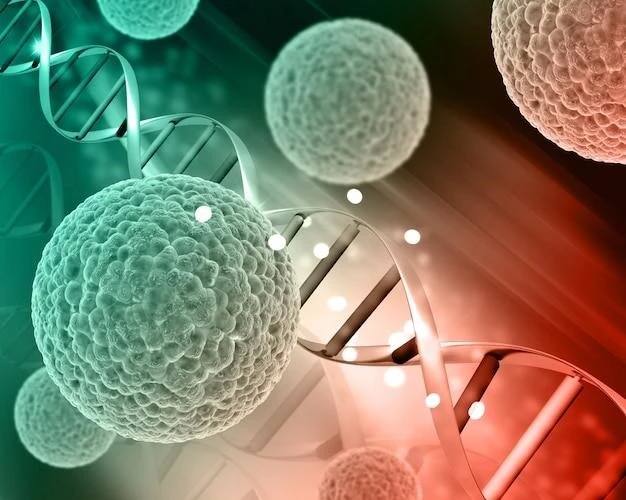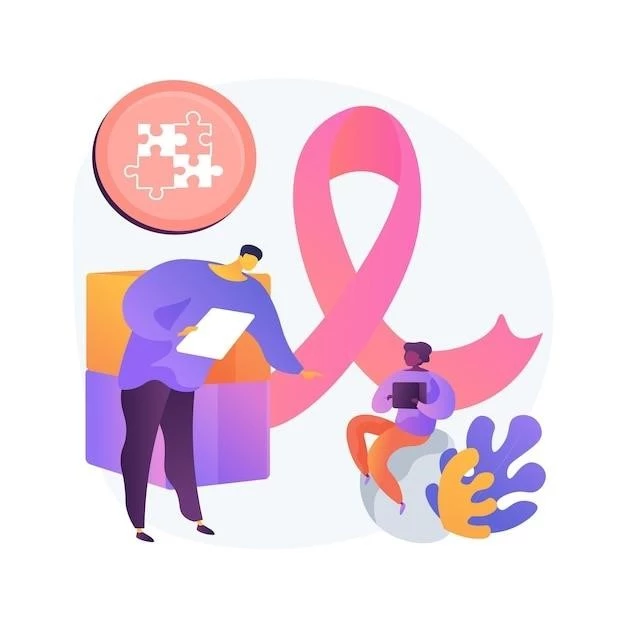Overview of Bare Lymphocyte Syndrome 2
Definition of Bare Lymphocyte Syndrome 2
Bare Lymphocyte Syndrome 2 is a rare genetic disorder that impairs the immune system’s ability to fight infections due to mutations in certain genes‚ leading to reduced levels of immune cells and compromised immune responses.
Cause of Bare Lymphocyte Syndrome 2
Bare Lymphocyte Syndrome 2 is primarily caused by mutations in genes responsible for regulating major histocompatibility complex class II expression‚ affecting the immune system’s ability to generate a proper immune response against pathogens.
Genetic Causes of Bare Lymphocyte Syndrome 2
HLA Gene Mutations
Mutations in the HLA gene complex contribute to Bare Lymphocyte Syndrome 2 by disrupting the proper presentation of antigens to T cells‚ hindering the immune system’s ability to recognize and target pathogens effectively.
RFXANK‚ RFXAP‚ and RFX5 Gene Mutations
Mutations in the RFXANK‚ RFXAP‚ and RFX5 genes lead to Bare Lymphocyte Syndrome 2 by impairing the transcriptional regulation of MHC class II genes‚ resulting in a compromised immune response against infections and other pathogens.
Symptoms and Diagnosis of Bare Lymphocyte Syndrome 2
Common Symptoms
Common symptoms of Bare Lymphocyte Syndrome 2 include frequent infections‚ recurrent respiratory illnesses‚ slow wound healing‚ and susceptibility to various bacterial‚ viral‚ and fungal infections due to compromised immune function.
Diagnostic Procedures
Diagnosing Bare Lymphocyte Syndrome 2 involves genetic testing to identify mutations in specific genes‚ blood tests to assess immune cell levels and function‚ and a thorough medical history review to evaluate recurrent infections and immune system dysfunction.
Treatment Options for Bare Lymphocyte Syndrome 2
Immunoglobulin Replacement Therapy
Immunoglobulin replacement therapy is used to provide antibodies to individuals with Bare Lymphocyte Syndrome 2 to help fight infections and boost the immune system’s ability to respond effectively to pathogens.
Stem Cell Transplant
Stem cell transplant may be considered for some individuals with Bare Lymphocyte Syndrome 2 to replace damaged immune cells with healthy ones‚ potentially restoring immune function and reducing susceptibility to infections.
Research Advances in Bare Lymphocyte Syndrome 2
Genetic Studies
Ongoing genetic studies in Bare Lymphocyte Syndrome 2 aim to identify new gene mutations‚ understand disease mechanisms‚ and develop targeted therapies to improve immune function and overall outcomes for affected individuals.
Immunotherapy Developments
Advancements in immunotherapy for Bare Lymphocyte Syndrome 2 involve novel approaches to modulate immune responses‚ such as checkpoint inhibitors and targeted immune cell therapies‚ to enhance immune function and combat infections more effectively.

Prognosis and Complications of Bare Lymphocyte Syndrome 2
Prognosis
The prognosis for individuals with Bare Lymphocyte Syndrome 2 varies depending on the severity of immune system dysfunction‚ response to treatments‚ and susceptibility to infections. Regular medical follow-up and timely interventions can help manage complications and improve outcomes.
Complications
Complications of Bare Lymphocyte Syndrome 2 include recurrent and severe infections‚ chronic inflammation‚ autoimmune disorders‚ and an increased risk of developing certain cancers due to the immune system’s impaired function. Early detection and appropriate treatment can help mitigate these complications.
Lifestyle Management for Bare Lymphocyte Syndrome 2
Diet and Nutrition
Following a well-balanced diet rich in fruits‚ vegetables‚ whole grains‚ and lean proteins can support the overall health and immune function of individuals with Bare Lymphocyte Syndrome 2. Adequate hydration and avoiding processed foods are also essential components of a healthy diet for managing this condition.
Exercise and Physical Activity
Engaging in regular physical activity can help improve immune function‚ reduce inflammation‚ and enhance overall well-being for individuals with Bare Lymphocyte Syndrome 2. It is important to incorporate a mix of aerobic‚ strength‚ and flexibility exercises into a tailored fitness routine while avoiding high-risk activities to support immune health.
Support and Resources for Bare Lymphocyte Syndrome 2
Patient Support Groups
Joining patient support groups can provide valuable emotional support‚ information sharing‚ and a sense of community for individuals and families affected by Bare Lymphocyte Syndrome 2. These groups offer a platform to connect with others facing similar challenges and access resources for coping with the condition.
Online Resources
Online resources such as websites‚ forums‚ and reputable medical platforms offer up-to-date information‚ educational materials‚ and practical tips for individuals living with Bare Lymphocyte Syndrome 2. These resources can help individuals better understand their condition‚ treatment options‚ and lifestyle management strategies.
